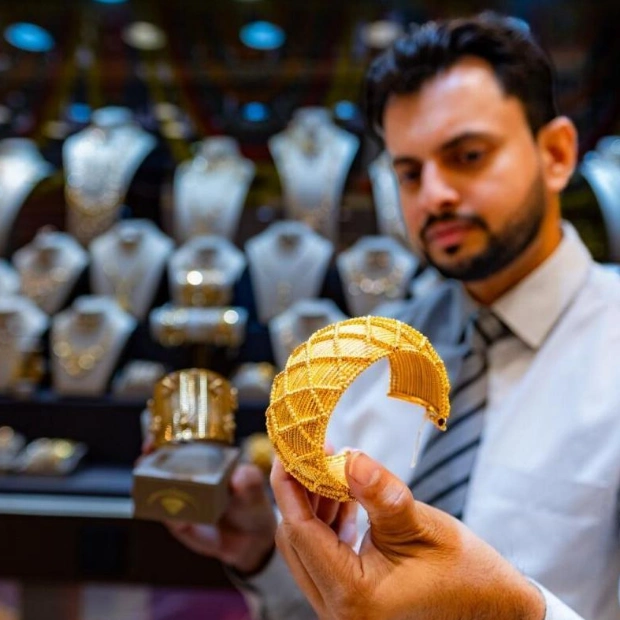Viktoria Petrova, 34, an architectural consultant from Dubai, expresses her fear of happiness: "I've witnessed marriages fail, celebrations turn into disasters, and friendships vanish in an instant. I constantly worry that if it can happen to them, it can happen to me. This fear keeps me guarded and I hesitate to embrace happiness, fearing it might be snatched away."
She reflects on her childhood: "In my home, cheerfulness and carefree attitudes were frowned upon, often met with demands to hide my smile. I grew up believing that laughter and play were disruptive. Consequently, I found myself telling my daughter similar things before realizing I was conditioned to suppress happiness." Now, Viktoria is working to overcome this fear.
Viktoria, along with many others, suffers from cherophobia, the fear of being happy, which often has roots in childhood. A study by Carrie Barron, M.D., published in Psychology Today, highlights that fearing happiness in the pursuit of it is not uncommon. Experts in the UAE discuss this phobia, noting its impact and origins.
Meghana Mundkur, a Dubai-based radio presenter and life coach, observes that many people experience some degree of cherophobia due to societal pressures and negative childhood experiences. She describes symptoms similar to other phobias and anxiety disorders, such as avoiding happiness and believing it leads to sadness.
Mundkur recounts her own childhood, where a relative warned of an 'evil eye' on happy individuals. "Growing up, I suppressed my laughter and downplayed happiness to avoid a bad day. Through years of healing, I realized how limiting this belief was, holding me back from deep joy and gratitude." She advises those with cherophobia to face their fears gradually, using methods like gratitude journals to focus on the present.
Dr. Gary Pheiffer, an assistant professor of psychology at Heriot-Watt University Dubai, explains that cherophobia is a real but unusual psychological condition where individuals avoid joy out of fear of negative consequences. He notes that early childhood experiences and cultural factors significantly influence this fear.
Arnab Ghosh, a writer and martial arts expert, shares an encounter with someone who believed that happiness would bring bad luck. He suggests that overcoming cherophobia might require psychological or behavioral therapy, and recommends focusing on positivity.
Master life coach and psychotherapist Anne Jackson discusses how cultural and personal experiences shape the fear of happiness. She emphasizes that cherophobia can be addressed through Cognitive Behavioral Therapy (CBT) to change negative thought patterns and improve emotional regulation.






